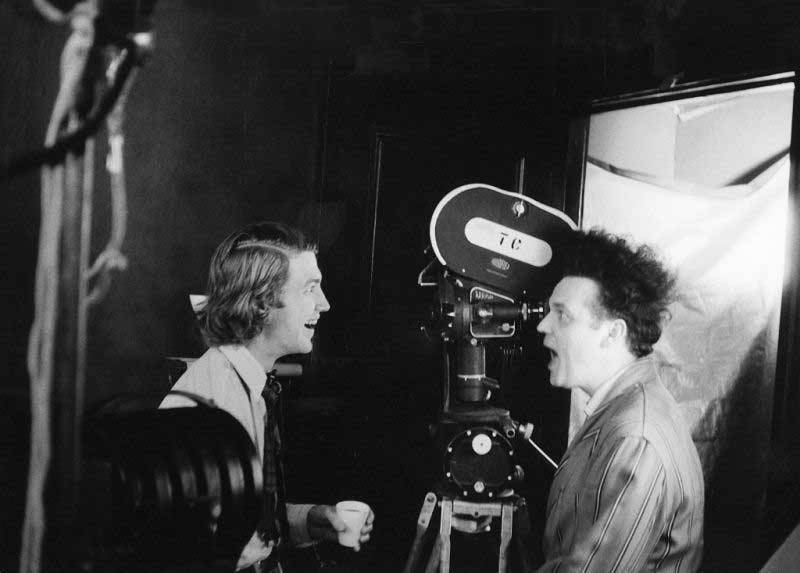This piece explores the enduring legacy of David Lynch, examining his unique cinematic style and its lasting impact on contemporary filmmaking. The article opens by referencing a pivotal scene from Twin Peaks, highlighting Lynch's ability to juxtapose mundane reality with unsettling undercurrents, a hallmark of his "Lynchian" aesthetic.
The text then delves into the elusive nature of the term "Lynchian," arguing that it transcends simple stylistic descriptors like "Spielbergian" or "Scorsese-ish." Instead, "Lynchian" encapsulates a broader sense of unease, dreamlike quality, and a pervasive feeling that something is fundamentally "not right." This is illustrated through anecdotes about personal viewings of Eraserhead and the unexpected appeal of Twin Peaks across generations.
The article contrasts Lynch's unconventional approach with his more conventional Hollywood foray, Dune, emphasizing that even this perceived "misfire" retains a distinctly Lynchian imprint. The discussion then shifts to the beauty and strangeness inherent in Lynch's imagery, citing The Elephant Man as an example of his ability to blend pathos with unsettling atmosphere.
The author emphasizes the futility of trying to categorize Lynch's work within established genres, highlighting his unique ability to create a sense of the uncanny. Blue Velvet is used as a case study, demonstrating how Lynch seamlessly blends seemingly ordinary settings with surreal and unsettling elements. The piece also touches upon the influence of The Wizard of Oz on Lynch's work.
A poll is included, inviting readers to share their favorite Lynch film.
The article concludes by positioning Lynch as a pivotal figure in cinematic history, marking the end of an era. His influence, it argues, extends beyond his own filmography, shaping the work of contemporary directors. The piece ends by emphasizing the continuing search for that elusive "Lynchian" quality in films to come.
















